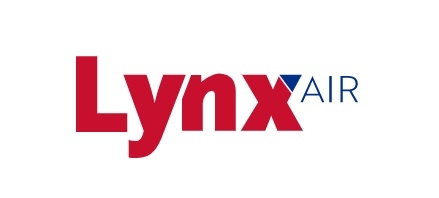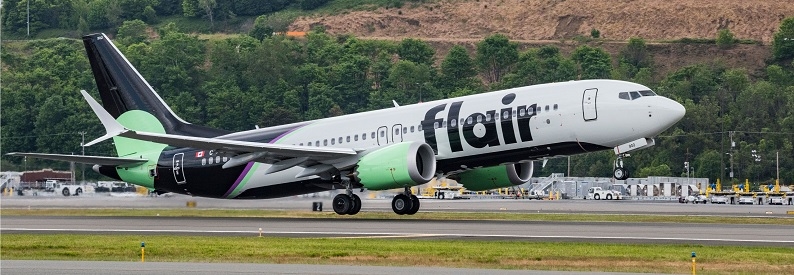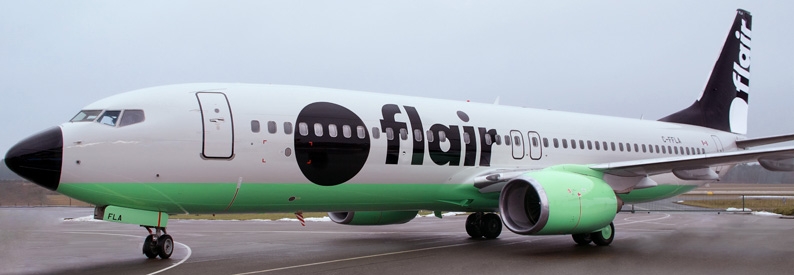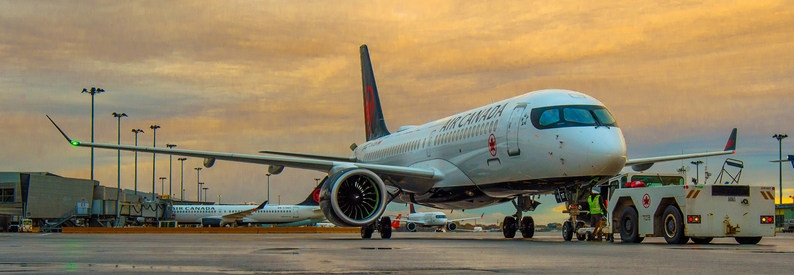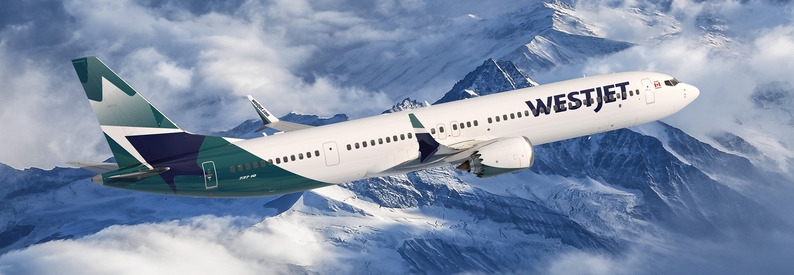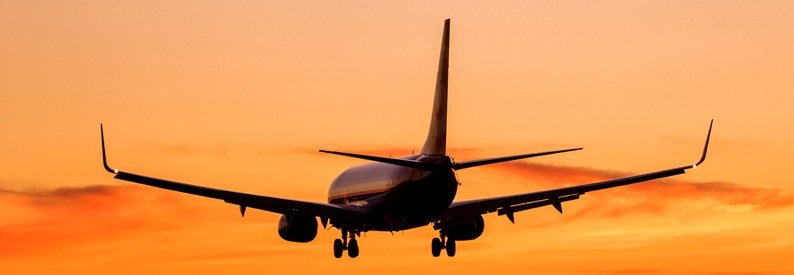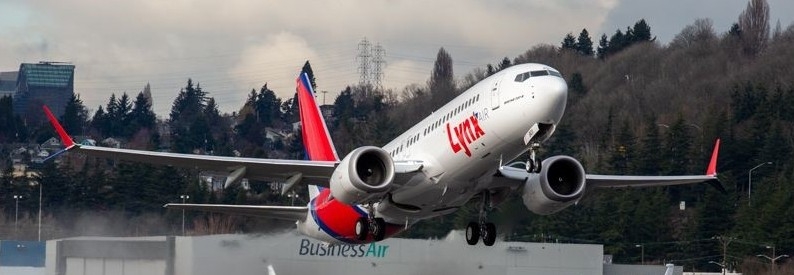Lynx Air Holdings Corporation, d.b.a. Lynx Air (Calgary), says increases in jet fuel prices, Covid-19-related decreases in passenger demand, and the 2019 B737 MAX grounding impacted the ULCC's ability to do business and generate revenue, creating a situation where costs exceeded revenues and leading to last week's decision to cease operations and file for bankruptcy.
In filings to the Court of King's Bench of Alberta, counsel for Lynx disclosed that Indigo Northern Venture LP provided financing of CAD71,242,031 Canadian dollars (USD52.7 million) ahead of Lynx's April 2022 start. This financing was in the form of promissory notes. Lynx's initial investors included Stephen Bronfman's Claridge Inc., Torquest Partners, and Indigo Partners LLC.
However, with Lynx unable to generate sufficient cash from its operations to meet costs, investors provided additional debt financing of CAD22,279,375 (USD16.5 million) in three tranches throughout 2023. A further CAD20,147,000 (USD14.9 million) was provided at the start of 2024.
The filing says jet fuel costs in 2023 were 50-100% higher than projected in the initial business plan, resulting in unbudgeted costs of CAD30 million (USD22.2 million). Lynx also says passenger demand remained below 2019 levels, notably during its first eight months of operations. The airline also says the grounding of the MAX types until December 2020 delayed the launch of operations, resulting in administrative and operating costs without any significant return of revenue.
"For a ULCC like Lynx Air, the market fluctuations in fuel prices and passenger demand, combined with the Boeing grounding and the lingering effects of Covid-19 in Canada's competitive aviation landscape have resulted in a simultaneous and dramatic reduction in the applicant's ability to generate sufficient revenue to sustain its business," the filing reads.
"The financial strains placed on the applicant's business as a result of the foregoing events have been disastrous to the applicant's business. Accordingly, while the applicants have significant business operations and assets, the reduced revenues required to conduct its ongoing operations, together with a combination of factors outside of its control, have placed the applicants in a liquidity crisis."
On February 2, 2024, Lynx Air received a notice of default from the Aeroports de Montreal, totalling CAD1,634,479.86 (USD1.21 million) relating to outstanding airport improvement fees. On February 16, 2024, Lynx Air also received a notice of default from the Greater Toronto Airports Authority for CAD2,441,284.71 (USD1.8 million) relating to outstanding aeronautical fees and charges.
Further, on February 17, 2024, Lynx Air received a notice of default from Delta in the amount of USD3,331,730.57 (of which USD2,195,478.52 is overdue) concerning payments due under the complete fleet services agreement. Additionally, on February 1, 2024, Lynx Air received a notice of default from the CGFC for CAD351,688.44 (USD260,374) relating to outstanding amounts for de-icing services at Calgary airport. All four creditors demanded payment within short time frames. The filing says Lynx does not have the available cash to meet the payment demands.
As of December 31, 2023, Lynx held liabilities of approximately CAD599,857,000 (USD444 million), including CAD93,521,000 (USD69.2 million) due to Indigo for promissory notes issued between 2018 and early 2024. Lynx also owes aircraft lessors CAD344,828,000 (USD255.3 million), has secured obligations of CAD5,995,000 (USD4.43 million) connected with a series of assignment of deposit certificates, and has unsecured obligations totalling CAD72,375,279 (USD53.6 million) due to Canadian tax authorities and trade creditors.
Lynx Air Holdings Corporation, which owns 100% of Lynx Air, is, in turn, owned by seven entities, none of which are applicants in the bankruptcy proceedings. Lynx Air Holdings owners include Indigo (by its general partner Indigo Northern Ventures GP, LLC.), which has a 25% stake in Lynx Holdings. Canadian investors include Torquest Investors, Stepworth Holdings Inc., Stephenson Management Inc., Tim Morgan, and Tim Dattel, who collectively own 70.58% of Lynx Holdings, while Enerjet SPV Inc.(an Alberta corporation) owns the remaining 4.42%.
